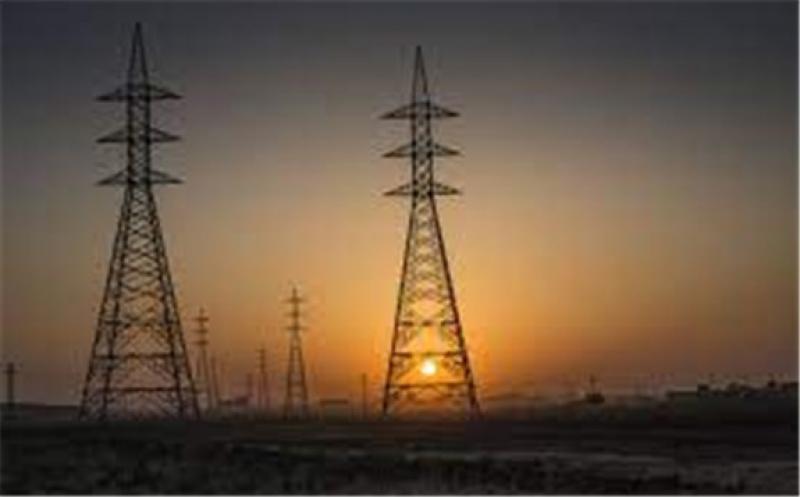Iraq’s electricity sector must bring in long-term reforms and solutions to fix its power cut crisis, an International Energy Agency official has told The National.

A widespread power cut hit Iraq a few days ago amid scorching hot temperatures, affecting millions of Iraqis including those in the capital Baghdad and southern cities.
The Ministry of Electricity said the country’s grid was generating about 4,000 megawatts on Friday, significantly less than the 12,000 to 17,000 megawatts the grid generates on average.
By midday, production had climbed to 8,000MW.
“Iraq’s electricity problem requires a short, medium and long-term plan, yet governments have tended to look at the short-term fixes. But you can’t go on with short-term fixes if you want a sustainable system in the long run,” Ali Al Saffar, Middle East and North Africa programme manager at the International Energy Agency, told The National.
The three must be logical and must fit with one another, he said.
“What we are seeing today is a situation where the grid has virtually collapsed, and it happens when the flows of electricity are going up and down and the system closes down,” Mr Al Saffar said.
The cuts can take place when the electricity network is working at maximum capacity, or be caused by glitches in the transmission network and distribution. High temperatures can also play a role.
“The heat is intense, which can cause issues. Iraq’s imports of natural gas and electricity were also massively curtailed,” Mr Al Saffar said.
Iraq needs investment in most of its industries after years of war and economic decline, but power generation is especially sensitive.
Its war-battered grid provides only a few hours of power each day, and chronic shortages were at the heart of anti-government protests in October 2019.
“No matter what Iraq has invested over the last decade, there has been a growing gap between supply and demand – and when there’s a gap between the supply of electricity and demand for electricity that can’t be met, that’s what causes the blackouts,” he said.
There needs to be a push for investment in transmission distribution, the maintenance of plants and generators so the country will not lose electricity, Mr Al Saffar said.
Iraq can generate up to 20,000MW, but the actual capacity, depending on technical losses, security and maintenance problems, averages between 12,000 and 17,000MW during the summer months.
The country does have the capacity to counter the problem.
Iraq is one of the largest gas-flaring countries in the world. It burns enough energy to satisfy its demands and to counter this lack of electricity supplies, Mr Al Saffar said.
“We know that Iraq is reliant on imports. It burns a lot of gas. In fact, Iraq burns in Basra the same volumes of gas that it imports, so if it were to capture that gas it wouldn’t have to rely on the imports,” he said.
The problem is not only technical, however, but ties in with security.
A wave of attacks on power transmission lines by unknown groups has occurred in the country’s north.
“There is a targeted campaign by armed groups to hit the transition and distribution networks and power plants. There seem to be concerted efforts to try to hit the electricity system and it doesn’t take a genius to find out why that would be,” Mr Al Saffar said.
“It’s really hot in Iraq and that’s what would make people angry.”
Last Thursday, a 400-kilovolt line from Kirkuk to Qayara was sabotaged. Another 132kV line was hit in Salahaddin on the same day.
Next government
Iraq is set to host nationwide elections in October. If a new government is formed “with a stable mandate and have prioritised the electricity portfolio then Iraq’s energy problems can be solved”, Mr Al Saffar said.
The government of Prime Minister Mustafa Al Kadhimi has been “determined to bring in private sector and international investments” to the country.
“This is encouraging news,” Mr Al Saffar said. That Baghdad had signed a deal was particularly positive, he said.
Last week, UAE energy company Masdar said it would develop new solar projects in Iraq.
It has signed an agreement with Iraq’s National Investment Commission to develop photovoltaic projects with a minimum capacity of two gigawatts.
“It’s a very significant amount,” he said.